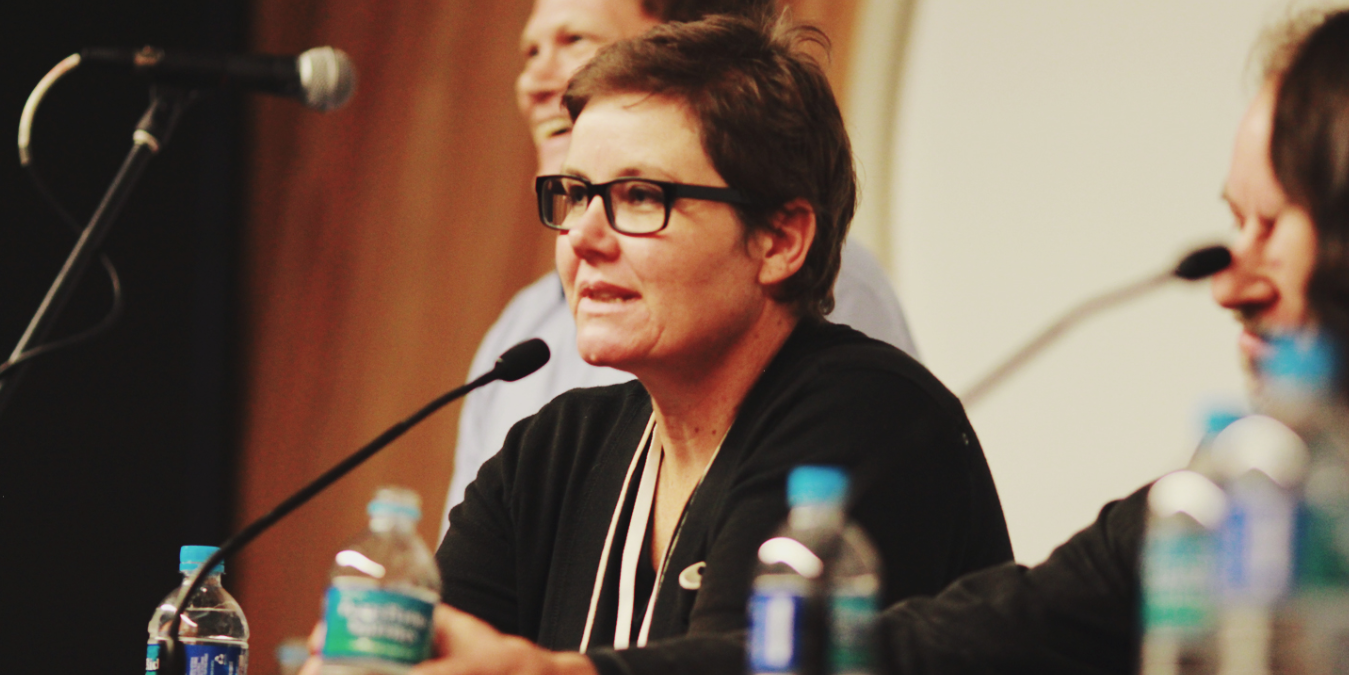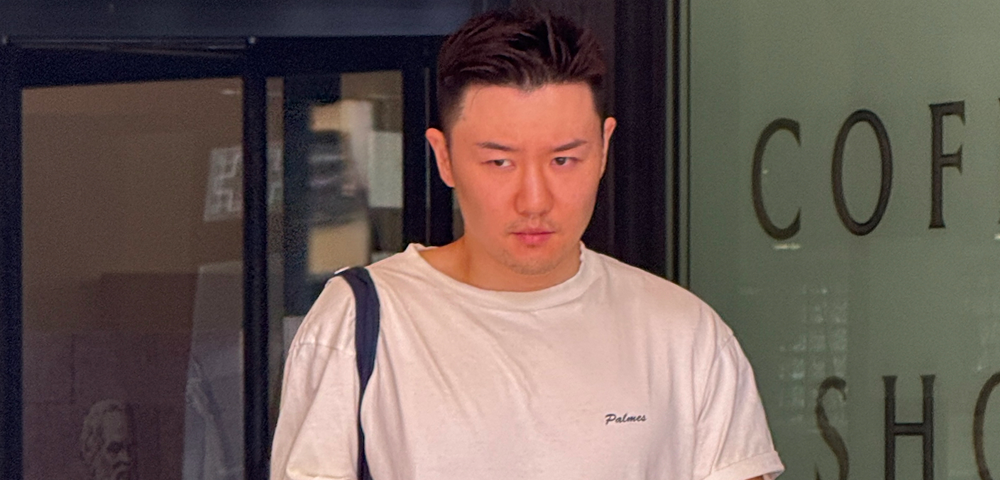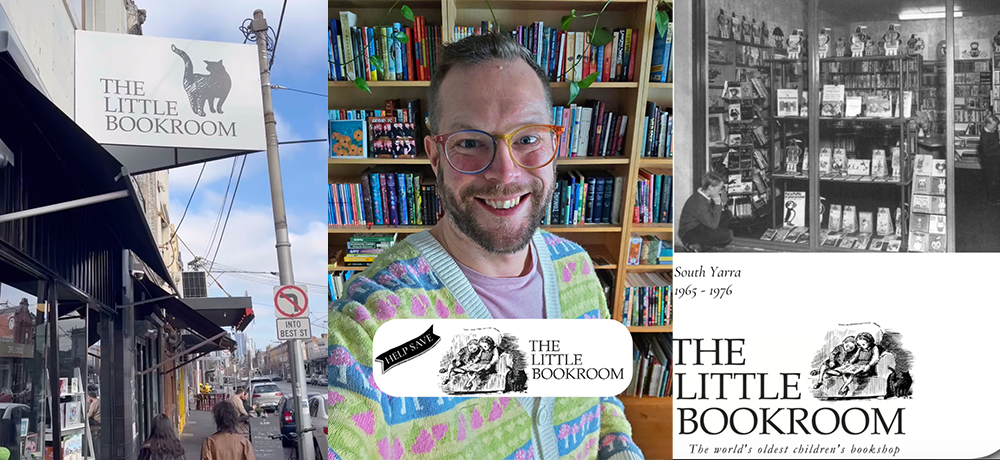
Local audiences aren’t supporting queer Aussie films: Melbourne Queer Film Festival director

OUTGOING Melbourne Queer Film Festival director Lisa Daniel has argued Australian audiences don’t give enough support to Australian queer films, despite their consistently high quality in recent years.
Ahead of last night’s launch of MQFF’s 2015 program, Daniel also told the Star Observer about frustrations throughout her 16 years running the festival with Australian classification laws seeming to allow extreme violence while censoring depictions of sex.
“They seem to be fine about extreme violence but if it happens to be unsimulated sex or something shows an actual erect penis then they’re up in arms,” she said.
“What is the difference between simulated and actual sex? Really it’s just a couple of inches here and there, pardon the pun. When we see simulated sex we know what they’re doing. It’s not like if we can’t actually see the penetration or whatever that we don’t understand what’s going on.”
While only one MQFF film has been banned over the years (2013’s I Want Your Love, from US director Travis Mathews) Daniel said numerous films have had to be resubmitted to the Classification Board.
She suspects some of this year’s films may cause problems, citing a documentary about famous gay pornographer called Peter de Rome: Grandfather of Gay Porn.
“Ironically, most of the documentary is him in his rose garden in England — he’s like 75 or 80 or something — talking about his film career, but there’s a few archival scenes, footage from his films, so I’d be interested to know if that gets through,” she said.
“It just seems really short sighted in this day and age — if a title gets banned from the festival it just gets screened and downloaded illegally at home.
“So you can’t protect us from seeing this stuff, but you can prevent us from watching it in an 18-plus environment with like-minded individuals, and prevent us from talking about it together.”
Daniel also echoed the sentiments of many in the Australian film industry that although the country is producing many top-quality films, including queer films, they’re not being supported by Australian audiences.
Last year MQFF screened 52 Tuesdays, a film about a teenage girl’s relationship with a parent who is transitioning to male. The film was hugely successful on the international festival circuit, receiving rave reviews at Sundance, but received only a limited run here.
“It’s really hard in terms of population size and competition from other events, but in terms of quality [Australian queer films] are certainly punching above their weight, that’s for sure,” Daniel said.
“The four that we’ve got in the festival this year would easily do well on the commercial circuit, but whether they get picked up or not is another question.”
Daniel suggested a combination of cultural cringe and tall poppy syndrome was to blame.
“Sometimes it seems to be kind of cool to bash your own, but in terms of the quality at the moment it’s pretty healthy in the queer film festival world, and I think even in general Australian film, the quality is always there, there’s just not a lot of support for it, which is a shame,” she said.
Daniel launched the 2015 program — her last before stepping down as festival director — at a packed Melbourne event last night.
Tickets for the festival are now on sale. For information and bookings, click here.










It seems sorta dumb to have such a limited run in select inner city cinemas and then blame attendance on the public.
Blaming the OFLC is equally pointless. They are what they have always been and won’t be changing anytime soon.
The whole article reeks of woe-is-me, blaming everyone while entirely failing to make the connection that it might be something they are doing.
When gay films are so infrequently shown, and when they are, for such a short time, and almost always in an inner city cinema which is useless to rural and suburban folk, is this no surprise?
I would love to see gay films, but where are they for those who live outside the gay ghettos? And when is anything gay shown outside of the MGFF anyway? (That’s if it hasn’t already been booked out).